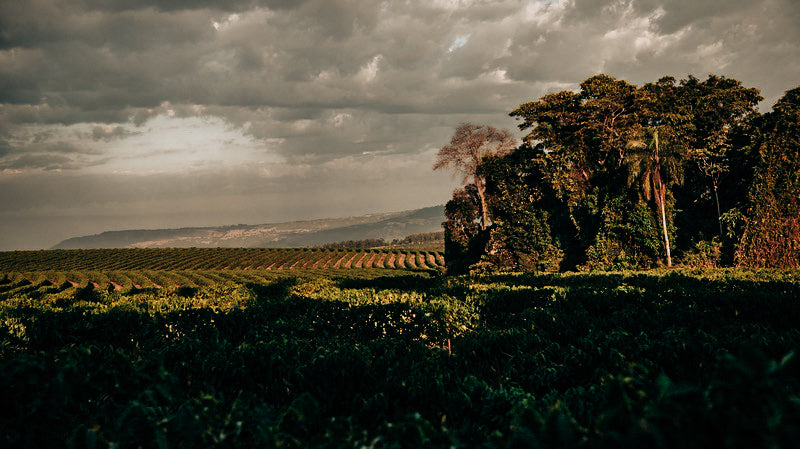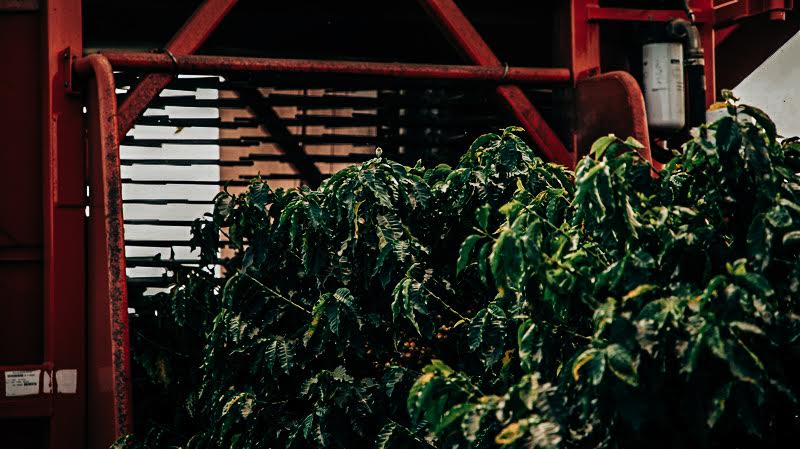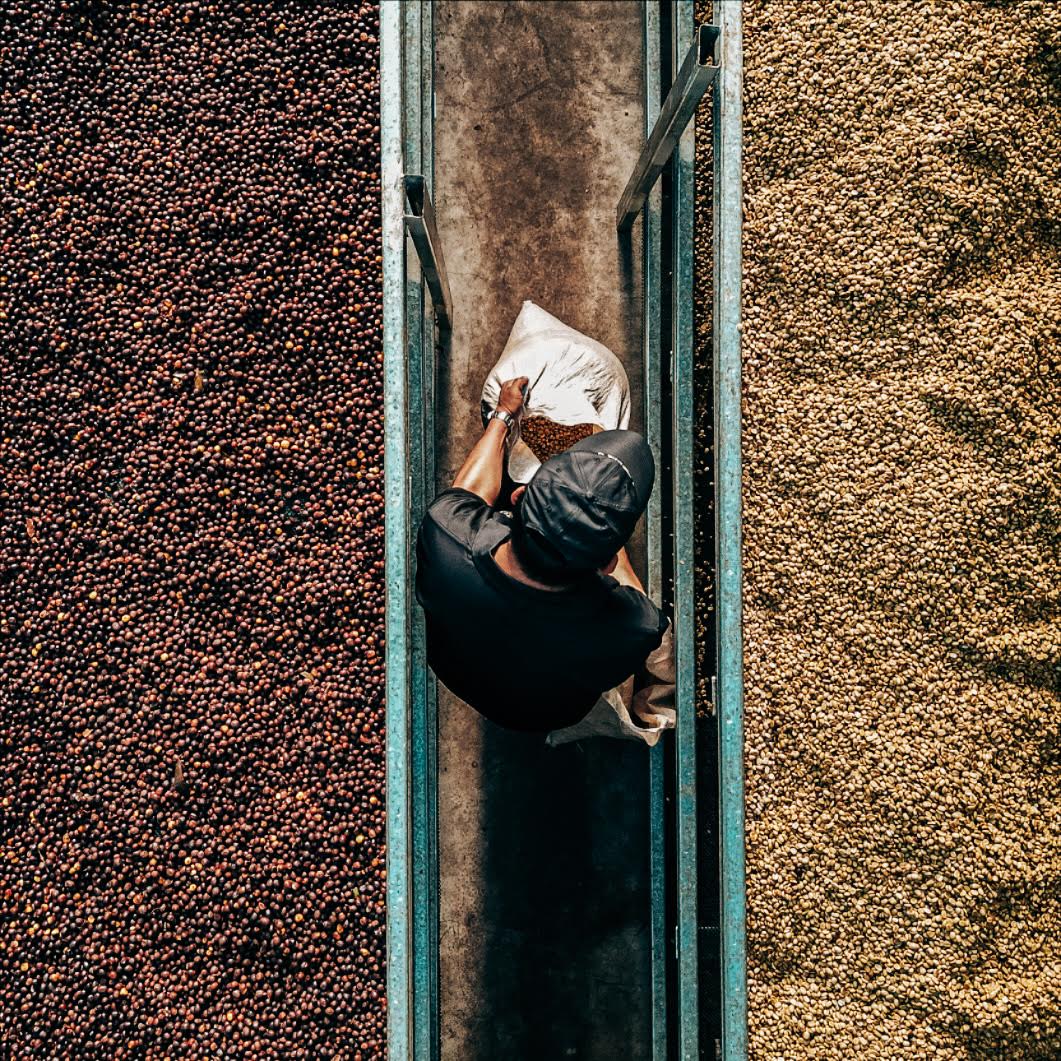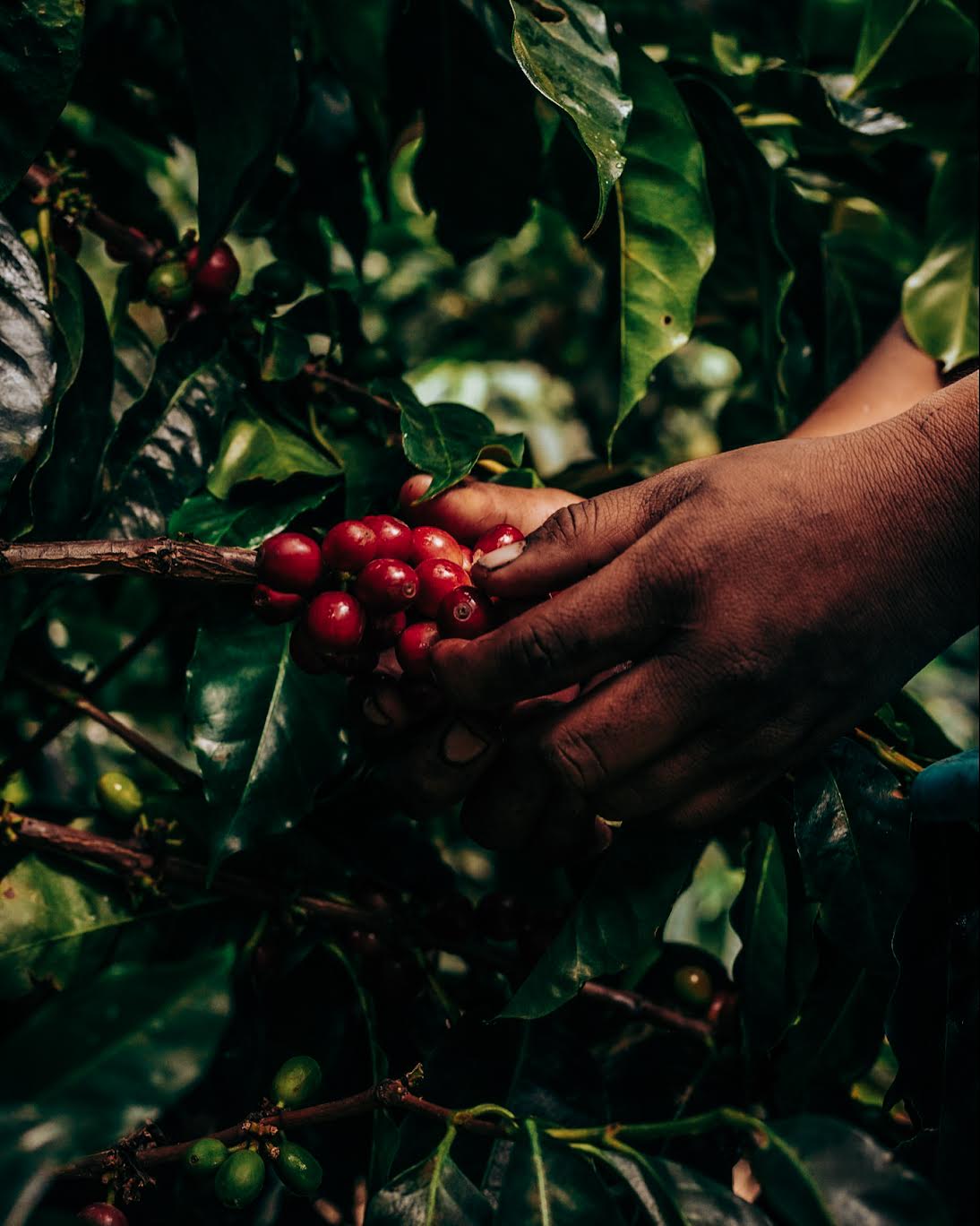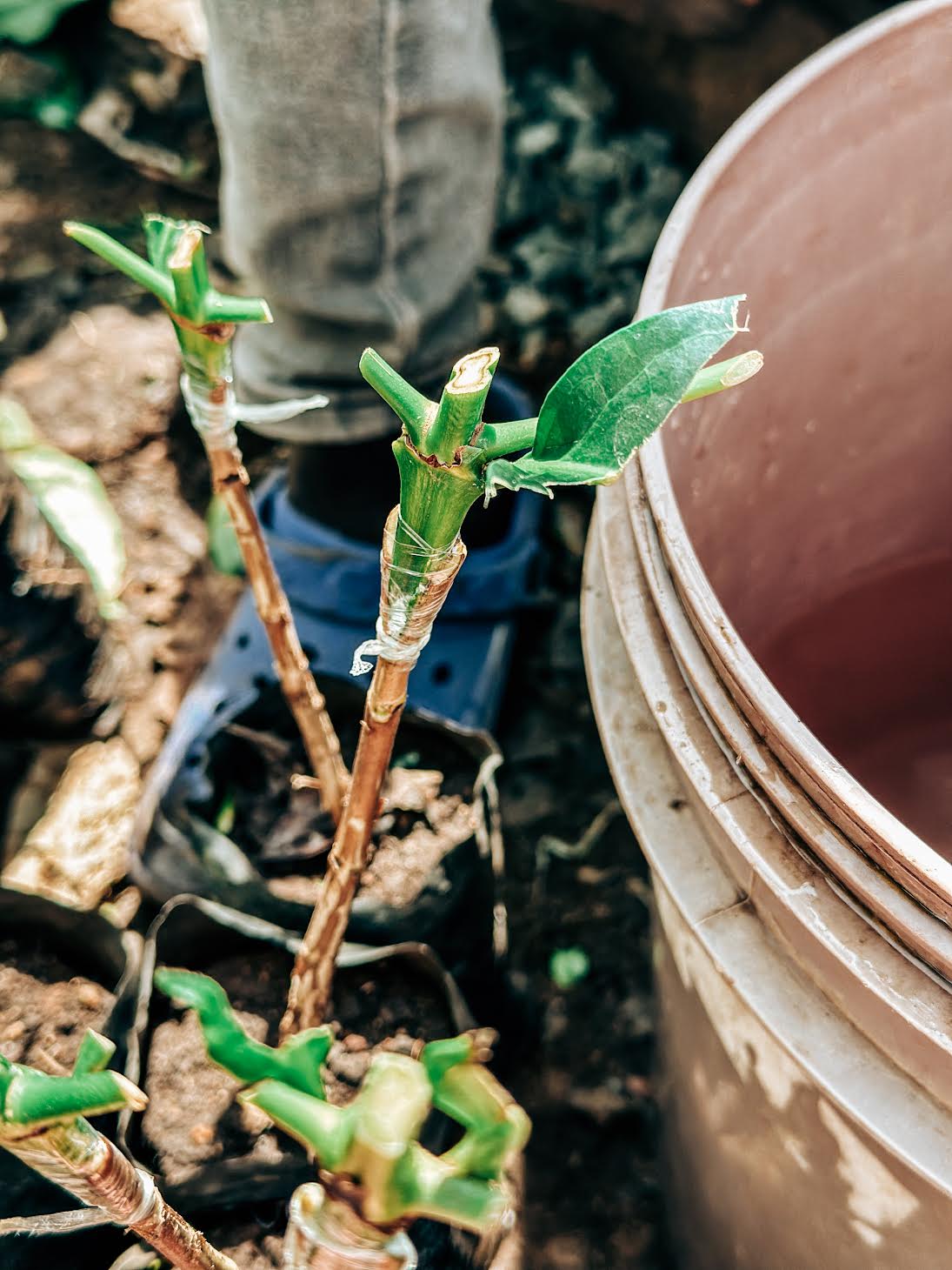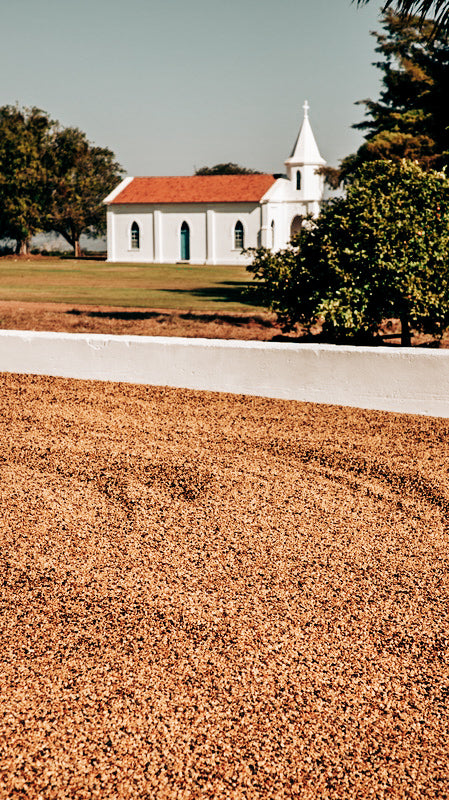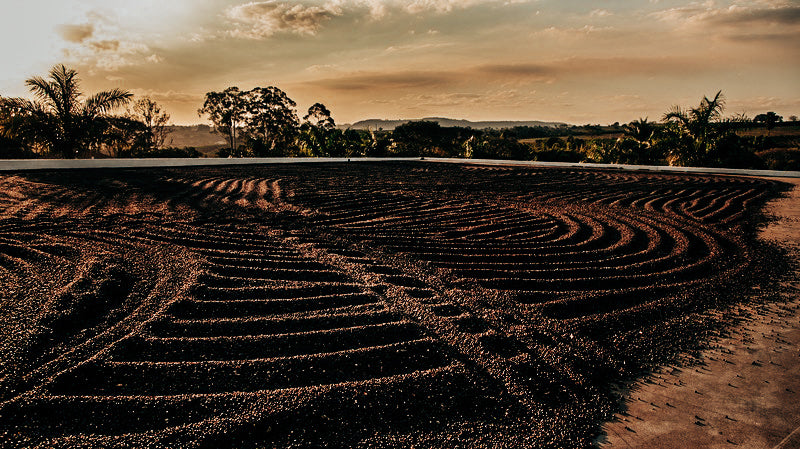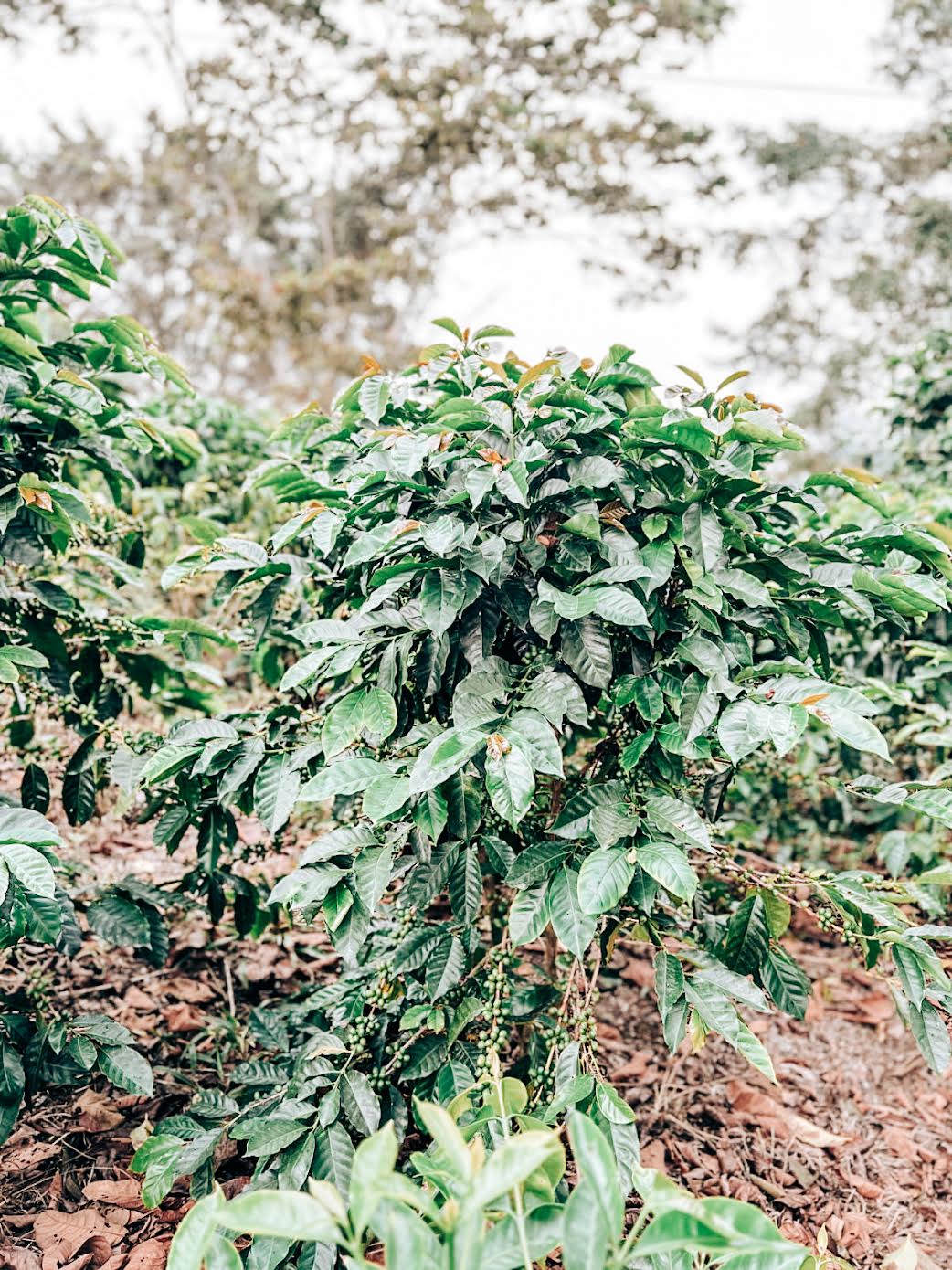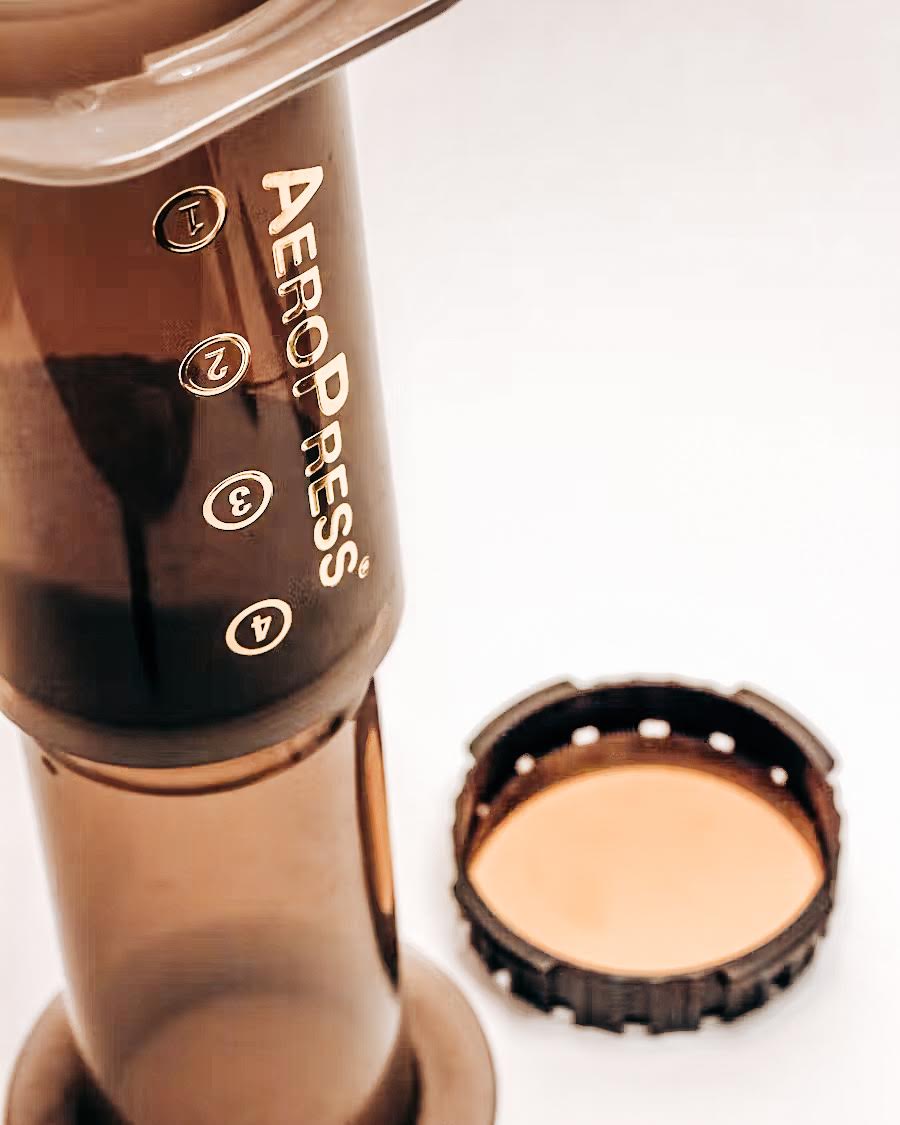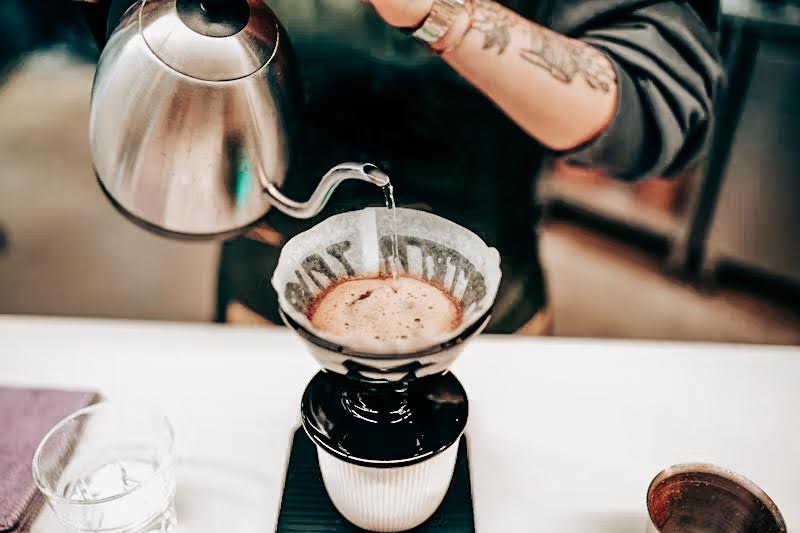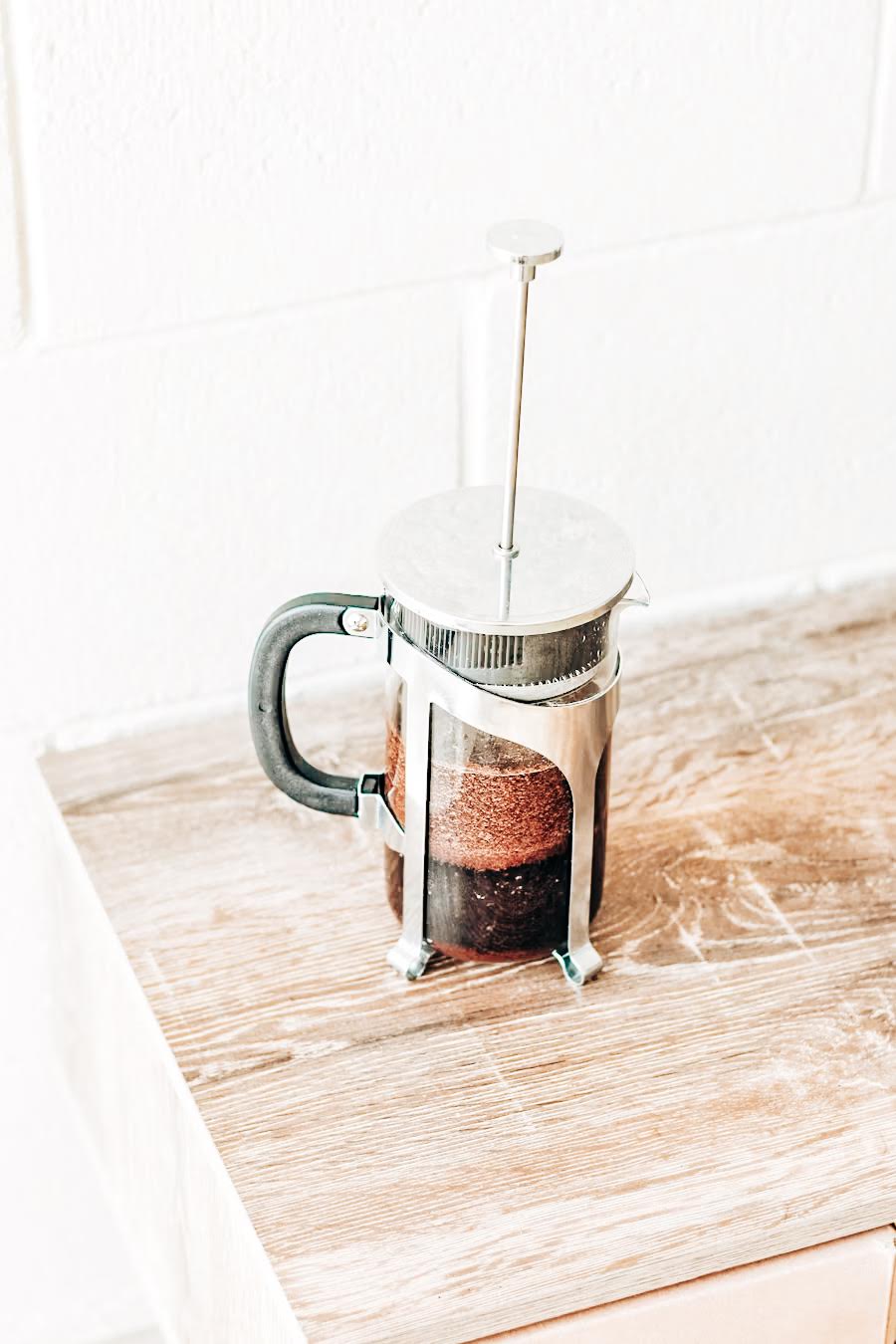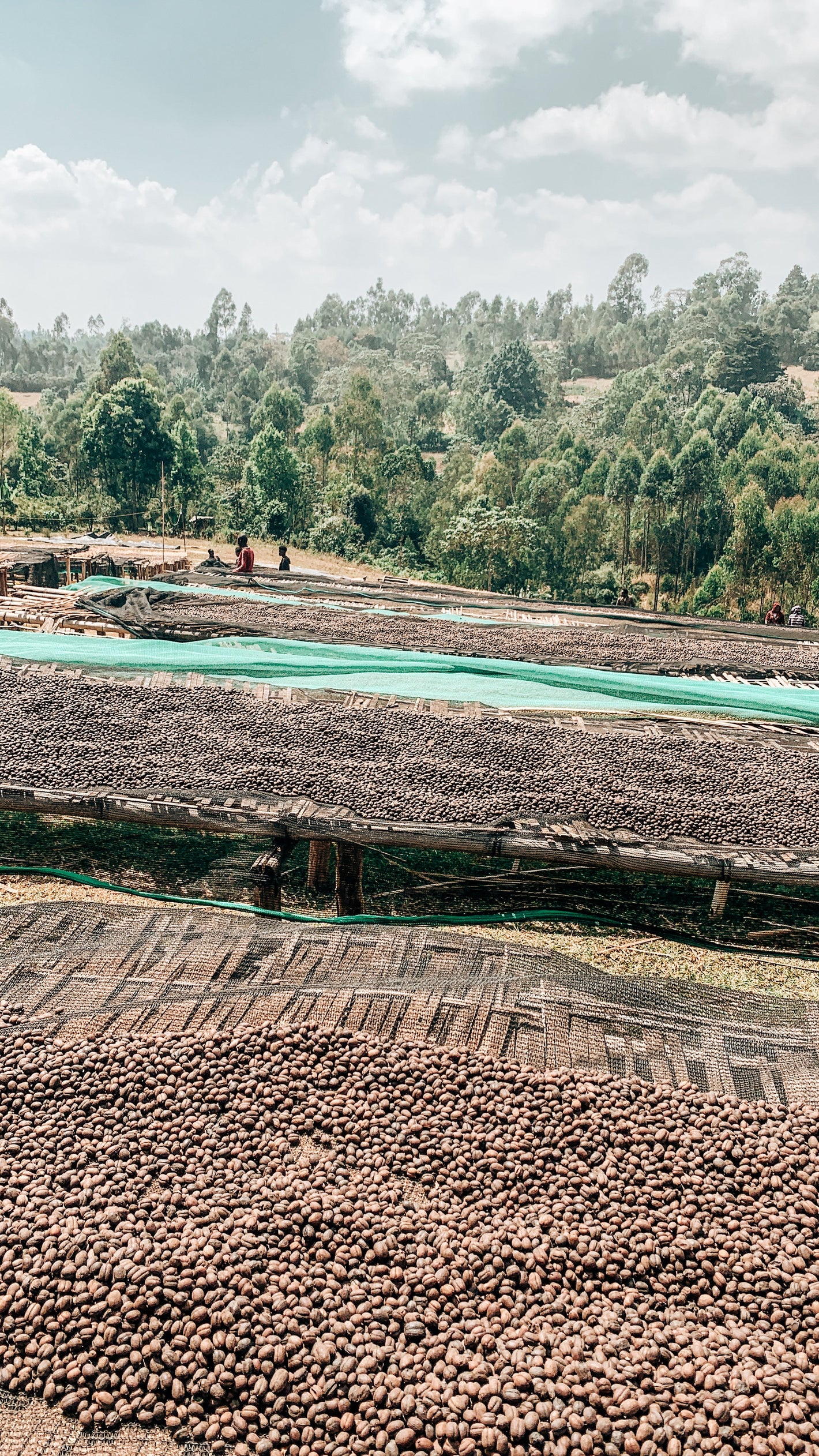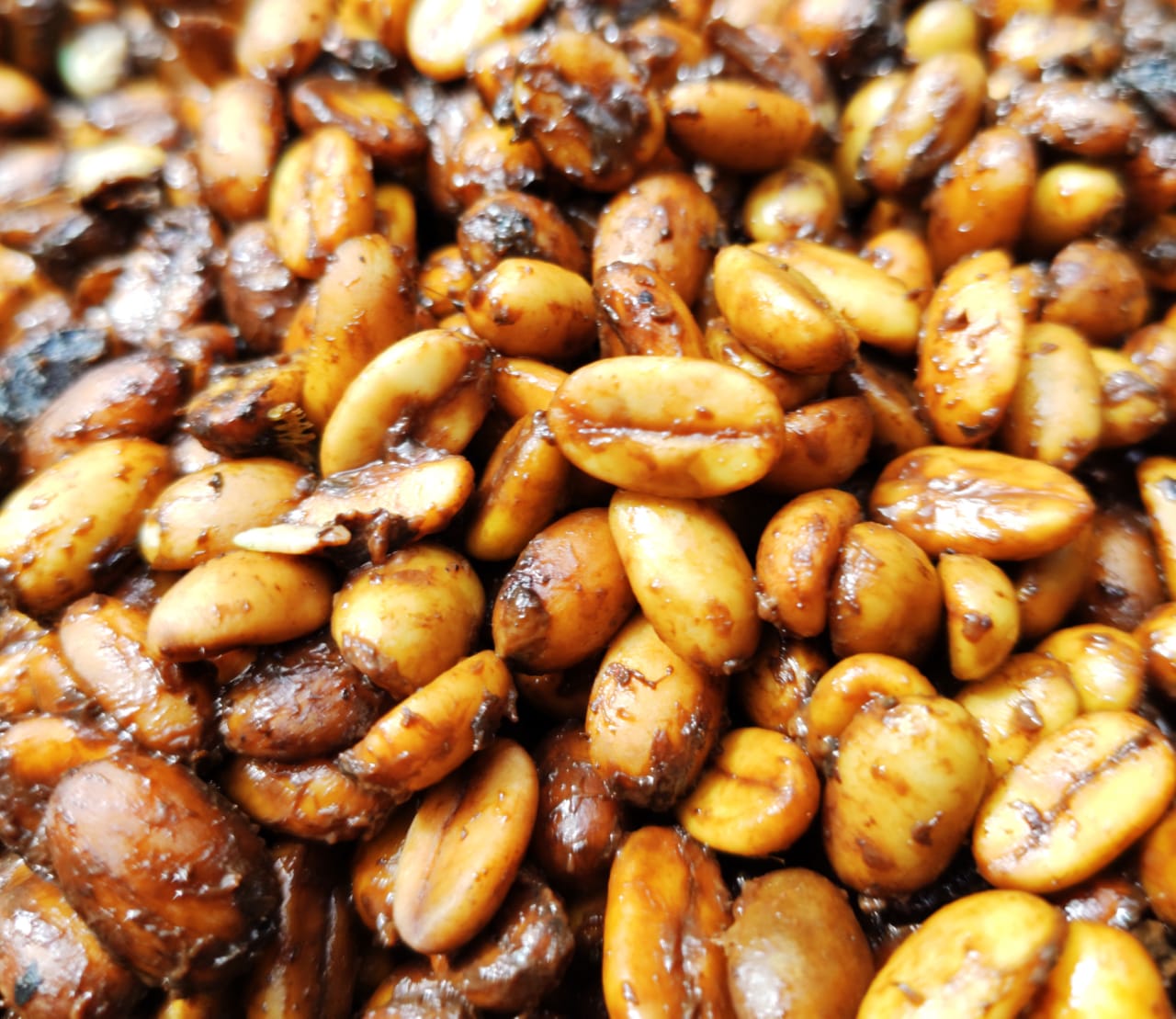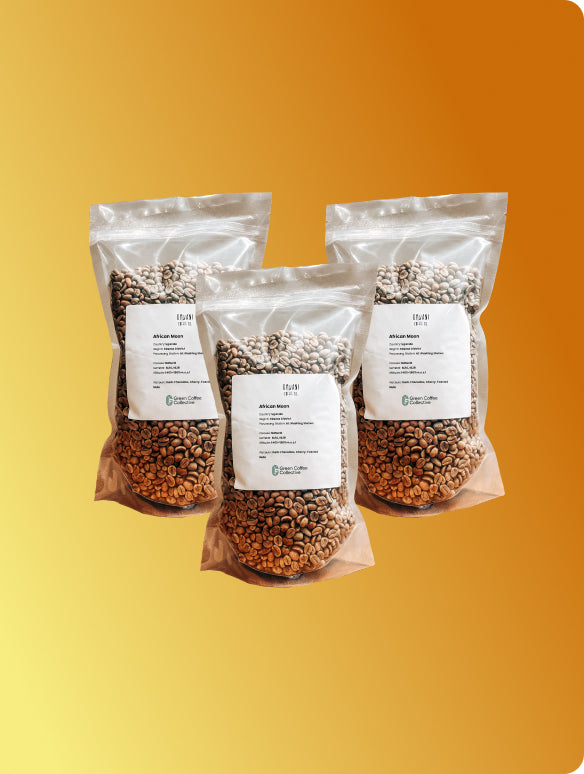
Green Coffee Beans for Fruity Filter Brewing
This collection brings together green coffees selected for their fruit-forward profiles and strong performance in filter brewing. Expect expressive naturals, vibrant washed lots, and innovative processes from Colombia, Ethiopia, Kenya, and beyond - all chosen for juiciness, acidity, and sweetness in the cup.
-
Calherro 72h Yeast Fermentation
Cupping Score88.5Processing methodVarietalMundo NovoMain flavour notesPineapple | Lemongrass | Syrupy | Floral | Orange CointreauOut of Stock -
Bambito Red Bourbon Natural
Cupping Score89.5Processing methodVarietalRed BourbonMain flavour notesRed Apple | Strawberry | Melon | PlumOut of Stock -
Priory Farm AA
Cupping Score85.75Processing methodVarietalRuiru 11 , BatianMain flavour notesRaisins | Berry | ColaOut of Stock -
Sucalfru 72h Yeast Fermentation
Cupping Score88.0Processing methodVarietalArara PeaberryMain flavour notesTamarind | Starfruit | Watermelon | JuicyOut of Stock -
Joaquim Oñate – Finca El Mirado - Washed
Cupping Score85.25Processing methodVarietalColombiaMain flavour notesLime | Juicy Mandarin | Buttery BiscuitIn Stock+30kg left
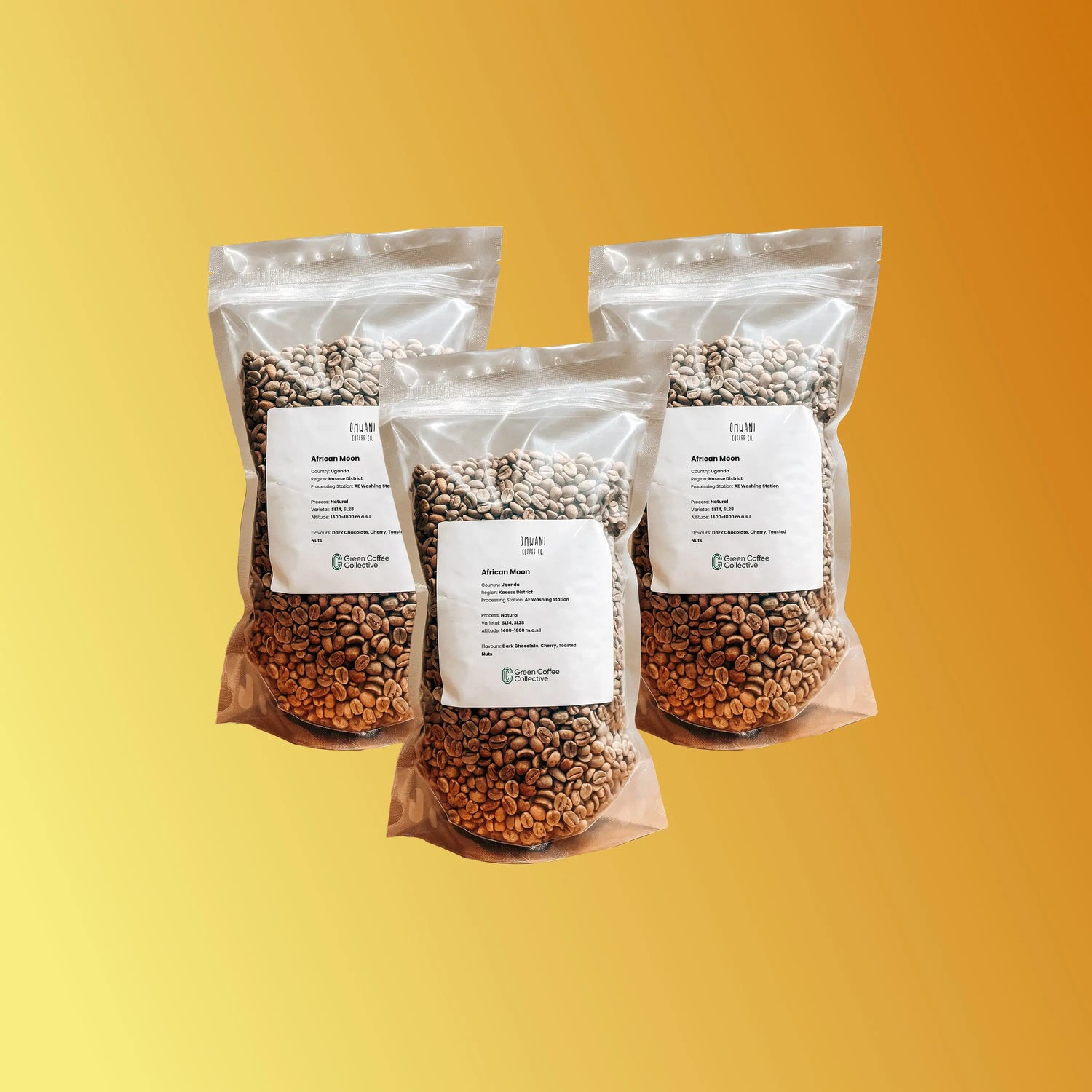
Your guide to Green Coffee Beans for Fruity Filter Brewing
-
What makes a coffee great for fruity filter brewing?
-
Do I need a specific roast profile for filter brewing?
-
Which processing methods give fruity results in the cup?
-
Perfect Green Coffee Beans for Fruity Filter Brewing
-
Understanding Fruity Filter Brewing & Bean Suitability
-
What to Look for in Green Coffee Beans for Fruity Filter Brewing
-
Key Characteristics of Ideal Beans for Fruity Filter Brewing
-
Conclusion
